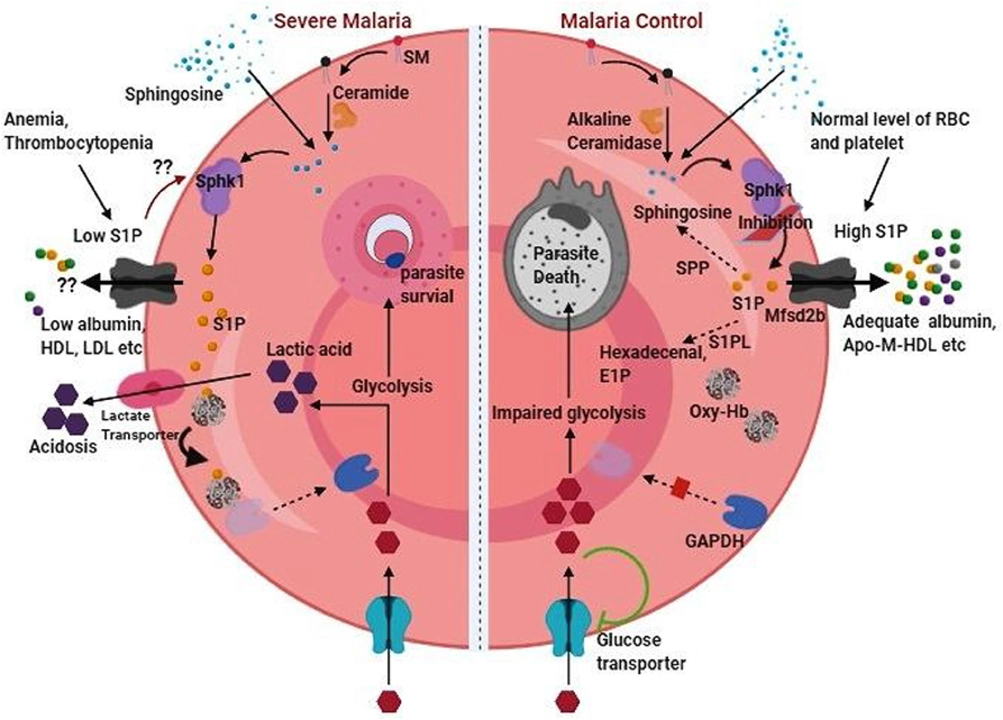Non‑Governmental Organizations (NGOs): What They Do and How to Find Help
If you’ve ever wondered what an NGO actually does, you’re not alone. In simple terms, NGOs are groups that aren’t run by the government but still work on public issues like health, education, or disaster relief. They rely on donations, grants, and volunteers instead of taxes to keep going.
Why NGOs Matter in Health Care
When it comes to medicines and disease information, many NGOs act as trusted bridges between doctors and patients. They publish easy‑to‑understand guides, run awareness campaigns, and sometimes even help you get cheaper medication options. Because they aren’t tied to profit motives, their advice often focuses on what’s best for the community.
For example, a health‑focused NGO might organize free screening events or provide printable charts that explain side effects in plain language. Those resources can be lifesavers when you’re trying to decide whether to start a new prescription.
How to Connect with Reliable NGOs
Start by checking the organization’s website for clear contact info and transparent funding sources. Look for third‑party reviews or certifications that show they follow good governance practices. If an NGO partners with reputable hospitals or universities, that’s usually a strong sign of credibility.
You can also search for NGOs on directories that list groups by focus area—like “pharmaceutical assistance” or “chronic disease support.” Many of these directories let you filter results by country, which helps you find local help quickly.
When you reach out, ask straightforward questions: How do they fund their programs? Who reviews the medical content they share? Do they have a hotline for urgent queries? Honest answers will tell you if the NGO is trustworthy.
Remember, getting involved doesn’t always mean donating money. Volunteering a few hours to help with community workshops or sharing reliable info on social media can make a big difference. NGOs thrive on people who spread accurate health messages—just like we do at Pharmadoctor.co.uk.
In short, NGOs are powerful allies in the fight for better health information and access. By knowing what to look for and how to verify their credibility, you can tap into a wealth of free resources that keep you informed and safe.
As a blogger, I cannot stress enough the crucial role Non-Governmental Organizations (NGOs) play in combating malaria. These organizations work tirelessly to raise awareness, provide resources, and implement preventive measures in areas most affected by this deadly disease. Furthermore, NGOs collaborate with local communities and governments to ensure a comprehensive approach to tackling malaria. Additionally, they are instrumental in conducting research and advocating for better policies to support malaria eradication efforts. In summary, NGOs are invaluable in the fight against malaria, making a significant impact on saving lives and improving global health.

